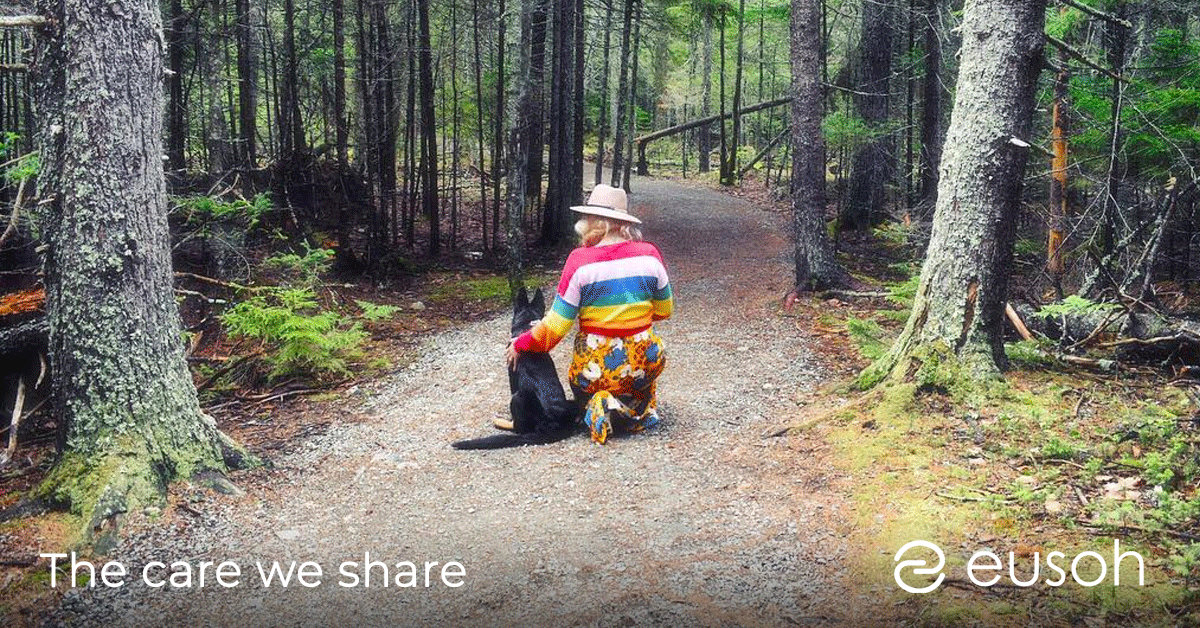“Psychologists generally define forgiveness as a conscious, deliberate decision to release feelings of resentment or vengeance toward a person or group who has harmed you, regardless of whether they actually deserve your forgiveness.” (The Greater Good Science Center)
When I read this definition, the idea of forgiveness actually makes sense in theory. However, when it comes to practicing it in your life, that is a whole other story…
Me vs. Forgiveness
Growing up, I was told you need to forgive people because NO ONE is perfect. People make mistakes and it is the “right thing” to forgive a person who has done you wrong. Once I started dealing with repeat offenders in my personal or professional life, the idea of forgiveness became INCREASINGLY more difficult for me.
Then I Read This Book
Was my life changed? Did I evolve and become the “Neo” of forgiveness? NO. I wouldn’t say that. BUT…I did have the following realizations that could help YOU make forgiveness a daily habit that is easy and enjoyable to do.
Forgiveness isn't easy but it is necessary
As Joyce Meyer reiterates in the book, forgiveness is ALWAYS about you. You have to forgive others to free YOURSELF from harboring the anger and frustration of others. Whether the person deserves your forgiveness or not, YOU deserve to live a life free of negative feelings and thoughts.
Forgiveness takes time
Change always takes time. There are very few things that happen instantaneously. When you understand this fact, then you can be patient and kind with yourself as you work through your feelings to arrive at a place of forgiveness in your heart and mind.
Remember your "why"
One of the most important questions you will ever ask yourself is…Why?
Why is forgiveness important to you?
Why do you want to forgive a person?
Why did you go through this experience?
Your “why” will ALWAYS matter.
If you are clear on “why” forgiveness matters to you and “why” you want to forgive those who “trespass against you”, it will be much easier to stay committed to making forgiveness a daily habit for yourself.
Don't Stop Learning
Every time you begin a new path of forgiveness with someone you will learn something new about yourself, the person you are forgiving, and the forgiveness process itself. Maybe it will get easier each time you start a new forgiveness journey. Maybe it will be different each and every time. The point is to focus on what you learn so you can equip yourself better for each and every time you begin the forgiveness process.
Forgive don't Forget
You are in charge of protecting yourself. When people say or do things to upset or offend you, you should forgive the person so that YOU are free from walking around angry, hurt, or frustrated. Do you forget the incident happened at all? Absolutely Not! It is up to you to decide if and how that person plays a role in your life going forward. Forgiveness never means forgetfulness.




